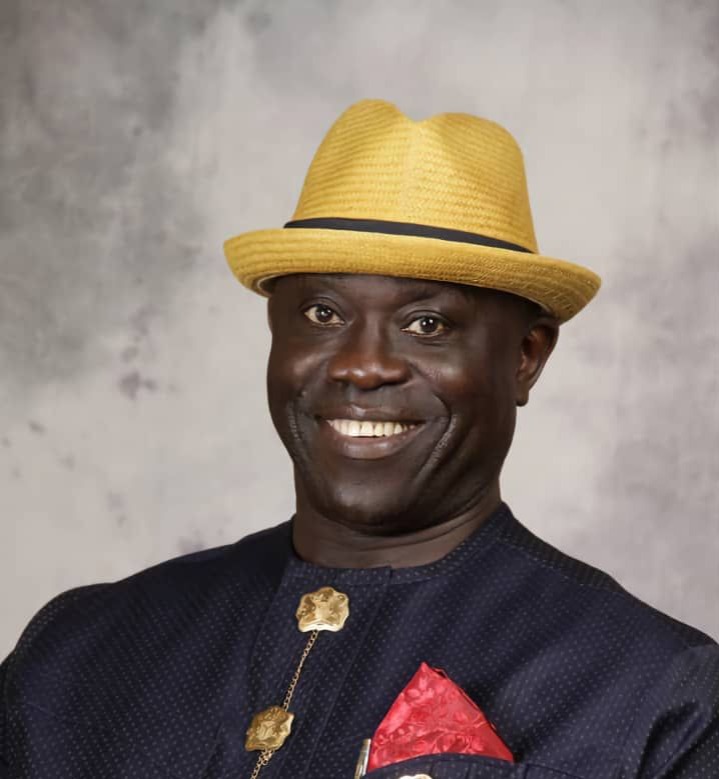
The former agitators in the oil-rich region raised various issues, including that the monthly payment of N65,000 to over 7,000 of them had been stopped since the appointment of Ndiomu.
The President, Major General Muhammadu Buhari (retd.), had appointed Ndiomu as Interim Administrator of the PAP in September 2022.
The protesters, who said they were from Delta, Rivers, Bayelsa, Ondo and Edo states, stated that the protest was to register their displeasure with the non-payment, while urging the leadership of the National Assembly to intervene in the matter.
The ex-militants also addressed their petition, which was signed by the Chairman Phase 2, Bayelsa State, Paul Johnson, and two others, to the Inspector-General of Police, Usman Baba.
A copy of the petition, which was made available to journalists, read in part, “We abide by the law as citizens of the Federal Republic of Nigeria, upon our disarmament and acceptance to embrace the Presidential Amnesty Programme.
“Right from the inception of the programme, we are duty bound to play by the rule of the Presidential Amnesty Programme to be non-violent, and on the other hand emoluments, incentives and benefits were to be given to us, part of which includes training– both academic and non-academics – and the monthly N65,000.00 stipends.
“Sir, for the past six months, over 7,000 delegates have stopped receiving the N65,000. This is as a result of the appointment of Maj-Gen Barry Tariye Ndiomu (retd.) as the Interim Administrator of the Presidential Amnesty Programme. Right from his inception as the Interim Administrator, going over to six months now, many of our ex-agitators have suffered this insensitive behaviour from Ndiomu.”
Ndiomu had earlier in January disclosed that the Federal Government had suspended the scholarship programme for former Niger Delta militants and ex-agitators.
The PAP administrator had said the programme was suspended over increasing tuition fees, which he claimed had reached over N7bn per session.
Ndiomu stated that the over 350 indigenes of the Niger Delta with First Class and Second Class Honours (Upper Division) degrees, who have been offered direct employment in the federal civil service, had yet to be absorbed despite presidential directives.
According to him, the government would discuss with the private universities for a percentage payment before exploring the possibility of re-awarding scholarships “in a more rational and reasonable manner consistent with the budget of the amnesty programme.”





